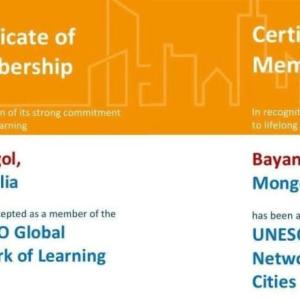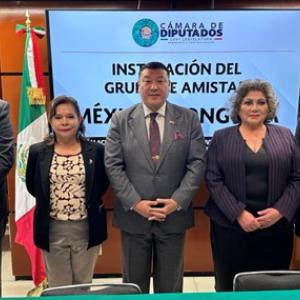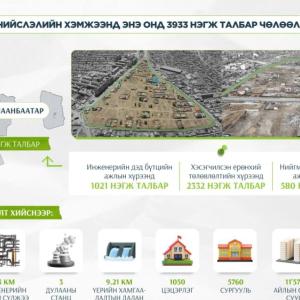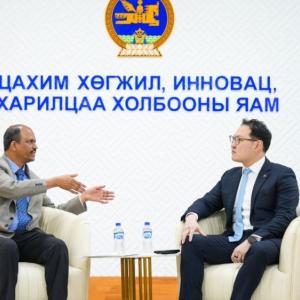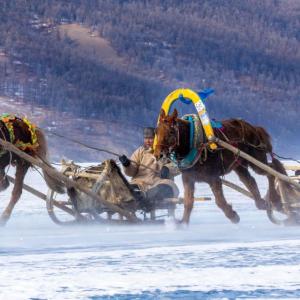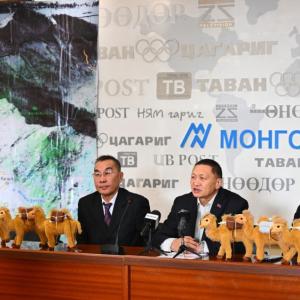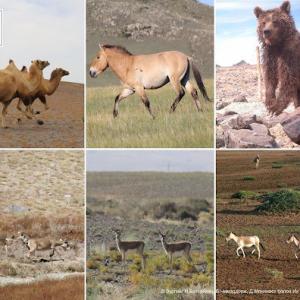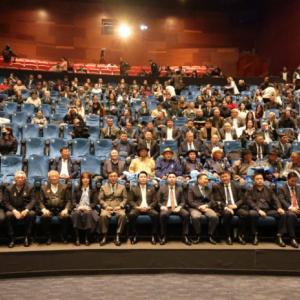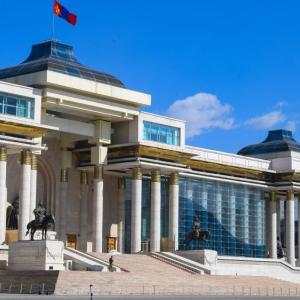Khurelsukh Ukhnaa: Mongolia is Keen to Preserve the Balance of the Mountain Ecosystem
Politics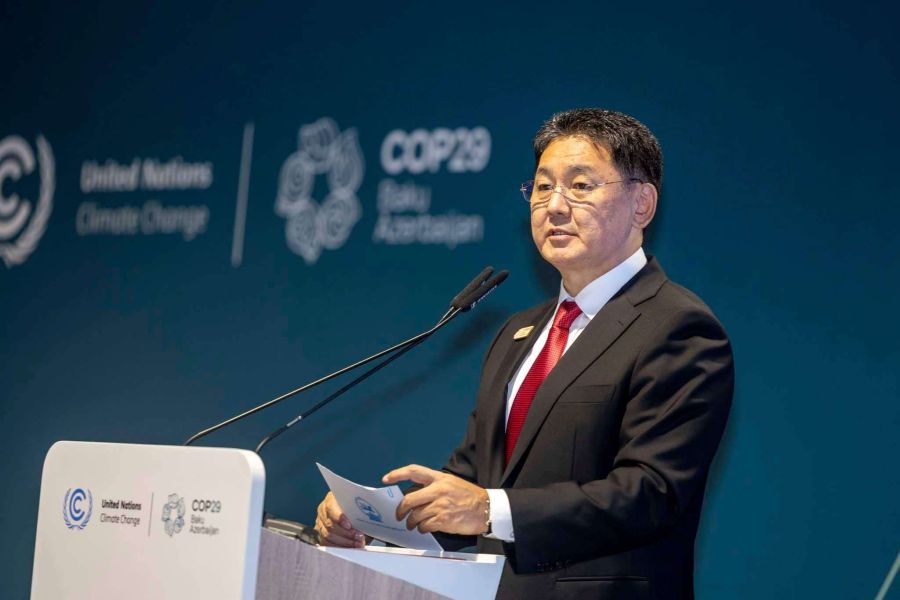
Baku, November 13, 2024 /MONTSAME/. On the sidelines of the World Leaders Climate Action Summit in Baku, the Republic of Azerbaijan, Mongolia and the Kyrgyz Republic co-hosted the High-Level Dialogue: Advancing the Mountain Agenda: Mainstreaming Mountains and Climate Change within the UNFCCC on November 13, 2024.
President of Mongolia Khurelsukh Ukhnaa, President of the Kyrgyz Republic Sadyr Japarov, President of the Federal Democratic Republic of Nepal Ram Chandra Poudel, and Minister of Foreign Affairs of the Republic of Azerbaijan Jeyhun Bayramov participated in the High-Level Dialogue.
President of Mongolia Khurelsukh Ukhnaa delivered opening remarks.
“His Excellency Mr. Sadyr Japarov, President of Kyrgyz Republic,
His Excellency Mr. Ram Chandra Paudel, President of the Federal Democratic Republic of Nepal,
Distinguished delegates,
Ladies and gentlemen,
I would like to extend my appreciation for accepting our invitation and participating in this High-level Dialogue, co-hosted by Mongolia and the Kyrgyz Republic.
Mongolia is grateful for the recognition from stakeholders of the “Mountain Partnership” for their focus on mountain ecosystems, which play a crucial role in shaping the region’s stunning natural landscapes, biodiversity, and favorable climate.

Stretching across vast lands in many countries, high mountain ranges like the Himalayas, Alps, Andes, Rockies, Caucasus, Tian Shan, and Altai, provide essential habitats for rare animal and plant species, serve as sources for thousands of rivers, and create conditions that sustain human well-being.
Mountain ecosystems, which cover a quarter of the Earth’s surface, are increasingly threatened by extreme weather events, deforestation, land degradation, and climate-driven natural disasters, while permafrost, glaciers and unique alpine environments are rapidly diminishing.
Consequently, the habitats of high-attitude animals and plants are undergoing significant changes, leading to the contraction of their ranges, with the species now face the threat of migration, displacement, or extinction.
Additionally, the frequency of natural disasters such as floods, snowstorms, and landslides rising are posing significant threats to communities.
The international studies indicate that scarcity of water resources is impacting agriculture, farming, and food security, while degradation of natural landscapes in high mountain regions is adversely affecting the tourism sector.
Over 10 percent of the global population depends on the natural resources of mountains, and in support of initiative by the Kyrgyz Republic, this high-level dialogue has been convened to call upon the international community to strengthen efforts to protect mountain ecosystems.
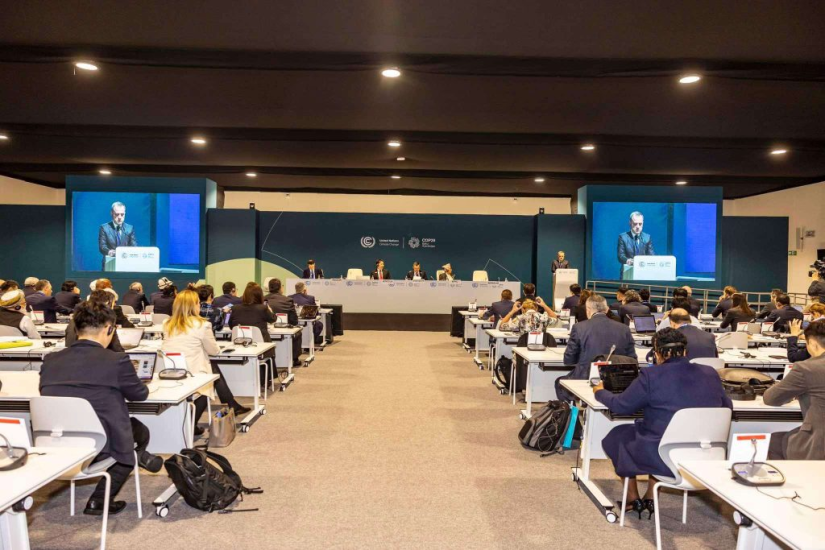
The countries in mountain regions have been instrumental in adopting the UN General Assembly resolutions, including those on “Sustainable Mountain Development”, “Five Years of Action for the Development of Mountain Regions” and the” International Year of Rangelands and Pastoralists in 2026”, and played a key role in establishing the “Mountain Partnership”, and continue to make substantial contributions towards achieving SDG 6 and 15.
The cooperation between the Group of LLDCs and the Mountain Partnership Group is essential for bringing the voices and addressing the special needs of mountain countries to the attention of the international community, as well as for expressing their position in the negotiations under the UN Framework Convention on Climate Change.
In Mongolia, permafrost and glaciers, which account for 10.5 percent of the country’s total water resources, are steadily shrinking.
Based on scientific findings indicating that the area of everlasting snow and glaciers in the Altai mountains has decreased by about 40 percent over the past 80 years, we prioritize efforts to preserve the balance of the mountain ecosystem.
Mongolia has actively supported and collaborated on initiatives proposed by UN Member States to advance sustainable development in mountainous regions, combat climate change, and enhance adaptation and resilience.
The Third UN Conference on LLDCs, scheduled to take place in Botswana in December 2024, will adopt a New Decade Program of Action.
The draft program outlines many important objectives, such as reducing the adverse impact of climate change on LLDCs in mountainous regions, enhancing adaptation and resilience, and increasing related funding, and these will contribute significantly to the development of mountainous regions and protection of their ecosystems.
I am confident that today’s dialogue will yield practical suggestions and initiatives to protect high mountain ecosystems, which are home to hundreds of millions of people, and to adapt to climate change by exploring solutions and achieving meaningful outcomes.
May the Eternal Blue Sky bless the humanity forever! May the world be at peace!
Thank you for your attention.”
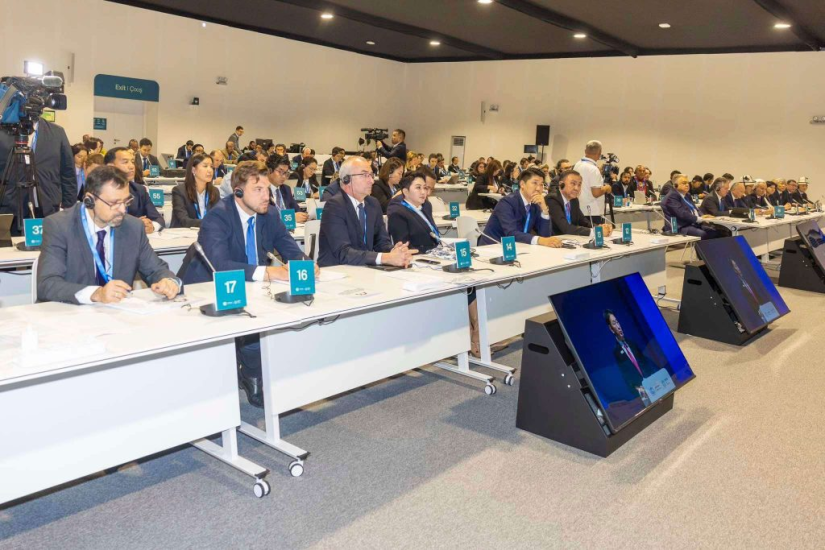
 Ulaanbaatar
Ulaanbaatar






